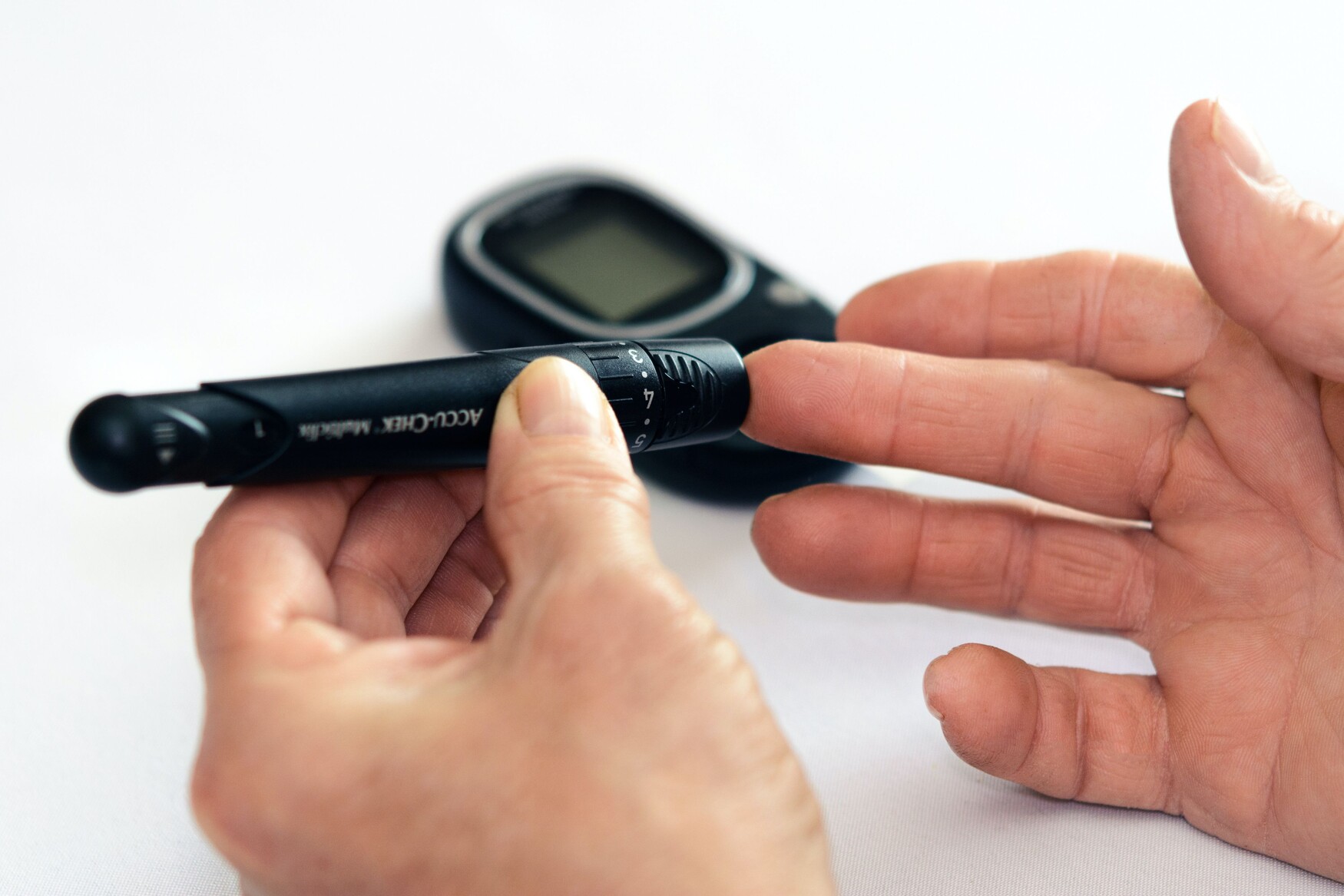Don’t defer diabetes care: 'Virtual first' recommendations

Dr. Tara Kiran
Eight months after the pandemic began, COVID-19 case counts are rising across the country. Public health officials have urged Canadians to defer non-essential outings, avoid closed and crowded spaces, and wear a mask or face covering. But one thing should not be postponed: A visit with your family doctor. This is especially true for people with diabetes.
Diabetes affects one in 10 Canadians. As we mark World Diabetes Day on November 14, it’s important to remember that good diabetes care can help people with diabetes prolong their lives and prevent complications like heart attacks, stroke, blindness, and amputation.
Health providers across the country are adapting the ways they provide care so that family doctor visits can continue despite the pandemic.
Now, most diabetes visits can be “virtual” – with appointments done by phone, video, email or secure messaging. Patients no longer need to commute to their doctor’s office and sit in the waiting room to be seen.
But now more than ever, good diabetes care requires strong doctor-patient partnerships. A team from the Temerty Faculty of Medicine’s Department of Family and Community Medicine, Diabetes Canada and the Centre for Effective Practice have developed a set of ‘virtual-first’ recommendations for diabetes care.
Here are some of the ways family doctors across Canada are involving patients in monitoring and managing their diabetes.
Regular appointments: We suggest people with diabetes continue to have appointments with their health care team every three to six months. These appointments are crucial for preventing diabetes complications and most can be done virtually.
Measuring blood pressure: During an office visit, doctors usually check weight and blood pressure. But these can easily be done at home, ideally just before a virtual appointment. Don’t have a blood pressure machine? Hypertension Canada has some great resources on recommended machines and how to use them. A doctor’s note may help with the cost through private or public insurance.
Checking feet: During an office visit, doctors also usually check a patient’s feet for a loss of feeling, a risk factor for developing foot ulcers. This is actually pretty easy to do at home using a simple “touch the toes” test. If something concerning arises, a doctor can take a closer look using photo or video.
Delaying routine blood tests: People with diabetes usually have blood tests every three to six months. But it’s important to balance the benefit of these tests with the risk of COVID-19 exposure when visiting a clinic. So, if things are stable, your doctor may suggest delaying routine blood tests to every six to nine months.
Maintaining healthy life choices: Exercise, healthy eating and sugar control are key to staying healthy with diabetes. A diabetes educator can offer practical tips and guidance. People with diabetes can connect with a diabetes educator free of charge through Diabetes Canada at 1-800 BANTING (1-800 226-8464).
Safely visiting in-person, if needed: If things are going well, a person with diabetes might only need to see their family doctor in-person once a year – for immunizations (including a flu shot!), a foot check, and to verify measurements. If things aren’t going smoothly or virtual care isn’t an option, more frequent in-person visits may be required.
During in-person visits, family doctors make sure things are as safe as possible. Everyone wears masks (and usually goggles or a face shield), only a limited number of people are in the clinic at any one time so there is space for everyone to be six feet apart, and surfaces are wiped regularly. Visitors are also asked health screening questions and are asked to wear a mask to reduce risk of COVID-19 spread.
Taking care of mental health: Looking after mental health is an important foundation for diabetes care. The pandemic is putting added pressure on all of us, but programs like Wellness Together Canada and Prosper Canada’s Financial Relief Navigator offer self-help resources, free counselling and financial advice.
Remember, family doctors are here for you: The pandemic is affecting all our lives in unexpected ways. But our response to COVID-19 doesn’t have to eclipse other health needs. While patients might not be able to visit their doctor in person, virtual care doesn’t have to be impersonal. During COVID-19, it’s more important than ever for family doctors to work hand-in-hand with patients to ensure everyone gets the care they need.
Dr. Tara Kiran is the Fidani Chair in Improvement and Innovation and Vice-Chair Quality and Innovation at the Department of Family and Community Medicine, University of Toronto, and a family physician at St. Michael's Hospital Academic Family Health Team.
This advice is adapted from ‘virtual first’ diabetes care recommendations developed by family doctors and diabetes specialists at the Temerty Faculty of Medicine’s Department of Family and Community Medicine, Diabetes Canada and the Centre for Effective Practice. A full copy of the recommendations for family doctors is available at https://cep.health/clinical-products/type-2-diabetes/ .
Also published on HealthyDebate.com.
News



